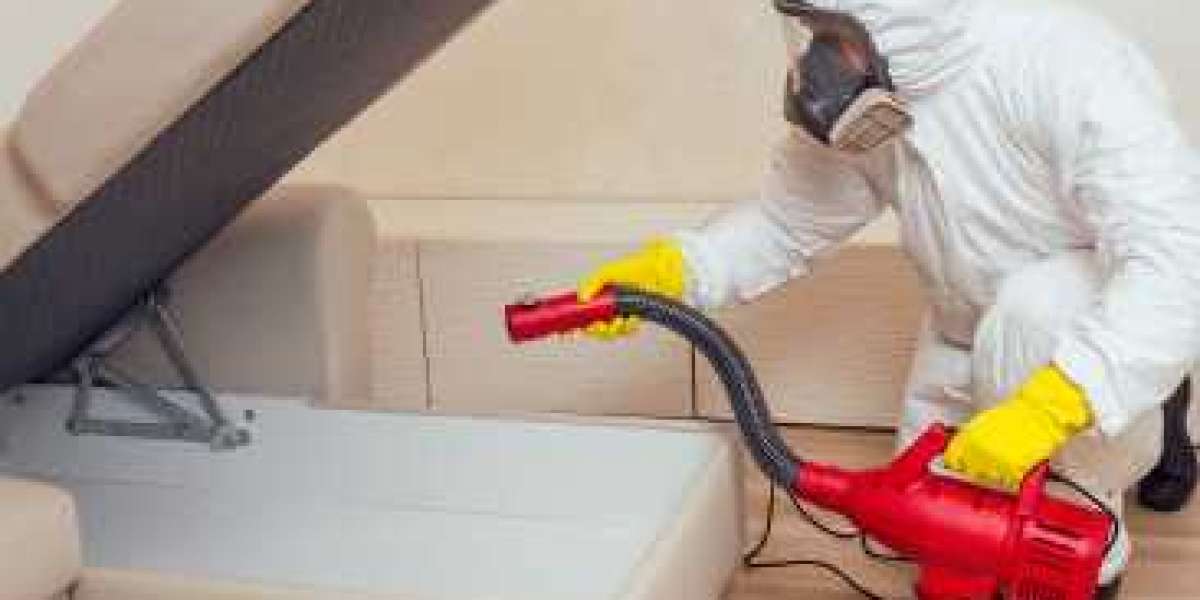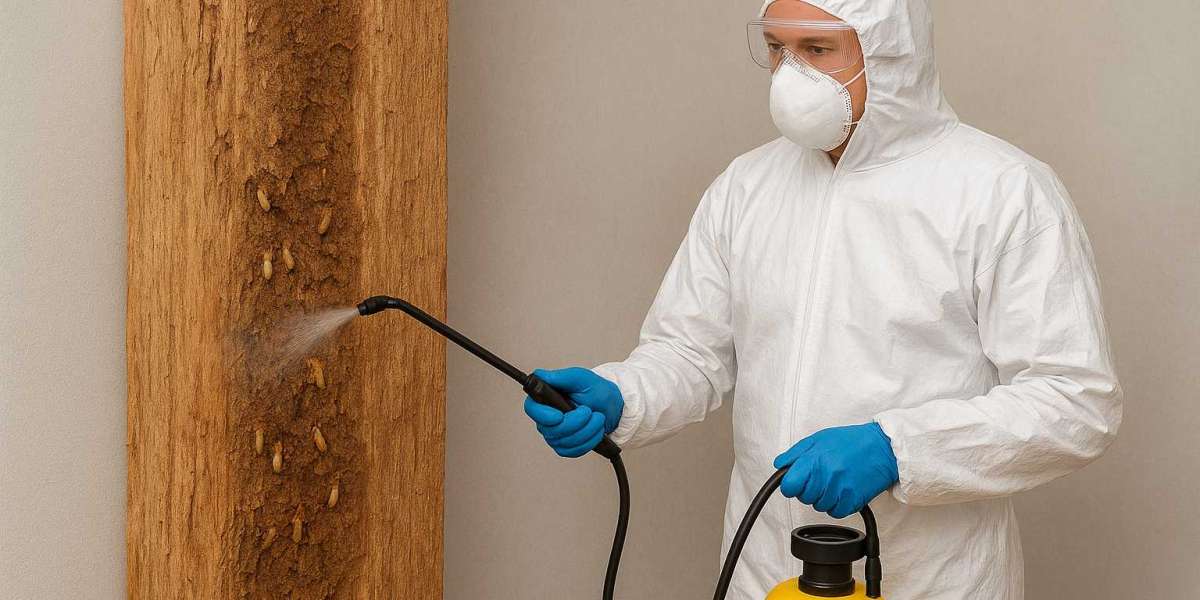A clean kitchen is a top priority for any household, but pantry pests can make even the most spotless space vulnerable. These bugs often arrive through dry food products and multiply quickly, damaging your grains, cereals, nuts, and spices. Luckily, with the right prevention strategies, you can keep your food storage safe and your kitchen pest-free.
Pantry Pests Control
Effective pantry pests control is especially important in areas like Queens, NY, where close living quarters, older buildings, and shared food storage spaces can increase the chances of infestation. Whether you're in a high-rise apartment or a single-family home, it’s important to stay proactive with food protection and pantry hygiene.
1. Inspect Groceries Before Bringing Them Inside
Pantry pests often come into your home through infested food packaging. Always check items like flour, rice, pasta, or dried fruits for holes, larvae, or webbing. This is the first step in stopping food-infesting insects from settling in your kitchen.
2. Use Airtight Storage Containers
Replace flimsy packaging with airtight glass or BPA-free plastic containers. These prevent dry food pests and make it easier to detect signs of activity. Insects cannot chew through thick, sealed containers, giving your food an added layer of protection.
3. Clean Pantry Shelves Regularly
Even the smallest food crumbs can attract kitchen pests. Wipe shelves, corners, and under containers often with a vinegar solution or gentle cleaner to remove food particles and potential eggs or larvae.
4. Freeze Bulk Dry Goods
Before storing large quantities of flour, grains, or nuts, place them in the freezer for 3-5 days. This kills any existing grain pests or hidden eggs that may have come from the supplier.
5. Add Bay Leaves to Containers
Bay leaves are a natural pest repellent. Place a few dried bay leaves inside containers of rice, pasta, flour, and cereal to deter food storage bugs without affecting the flavor of your food.
6. Rotate Stock and Label Dates
Practice the "first in, first out" method. Always use older items first and label containers with the purchase date. This prevents long-term storage of items that could attract insects in pantry areas.
7. Don’t Overbuy Dry Goods
Buy only what you need for the next few weeks or months. Overstocked pantries make it harder to monitor signs of pantry pests, and older products are more likely to be targeted by bugs.
8. Seal Entry Points
Inspect and seal cracks, gaps, or holes around pantry walls, baseboards, and window frames. These can act as entryways for crawling insects and pantry bugs from neighboring units.
9. Empty Trash Frequently
Dispose of spoiled or infested food immediately. Use a sealed trash bin and take the garbage out often to prevent attracting kitchen pests back into your pantry space.
10. Deep Clean Seasonally
At least once per season, empty your entire pantry for a deep clean. Vacuum shelves, corners, and crevices, and check for signs of pantry pests control needs, such as dead bugs or shed skins.
Final Thoughts
Keeping your pantry free from pests is all about consistent cleanliness, smart storage habits, and early action. In regions like Queens, NY, where apartment living increases the chance of pest spread, these steps are even more essential. By using airtight containers, freezing bulk goods, and inspecting groceries before they enter your kitchen, you can prevent pantry pests before they become a serious issue.
For persistent infestations or expert guidance, many locals trust Property Solutions Pest Control Inc, a well-known name for household pest protection.
FAQs
- What are the most common pantry pests?
Common pantry invaders include Indian meal moths, cigarette beetles, rice weevils, and flour beetles. These pests target dry goods like grains, flour, and cereals. - How do I know if my pantry is infested?
Look for live bugs, webbing in food, damaged packaging, or clumps in flour and grains. These are signs of pantry pests or their larvae. - Can I still use food after removing visible bugs?
No, it's best to discard infested items. Even if you remove visible insects, eggs or larvae may still be present and harmful to consume. - Do pantry pests bite humans or pets?
No, pantry pests don’t bite humans or animals. However, they can contaminate food and surfaces, making them unsanitary. - How often should I clean my pantry?
A light cleaning every two weeks and a deep clean every 2-3 months is ideal. Regular checks help you identify issues before they spread.











